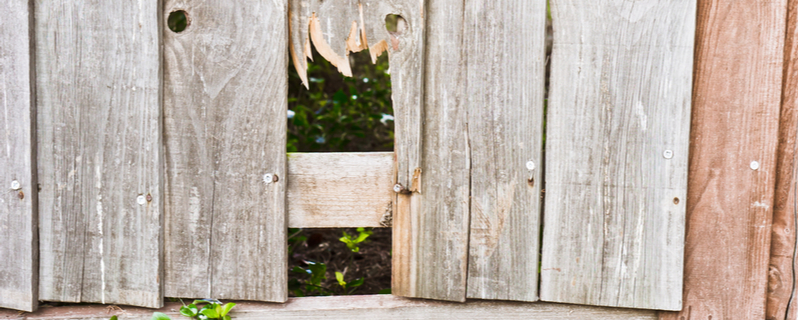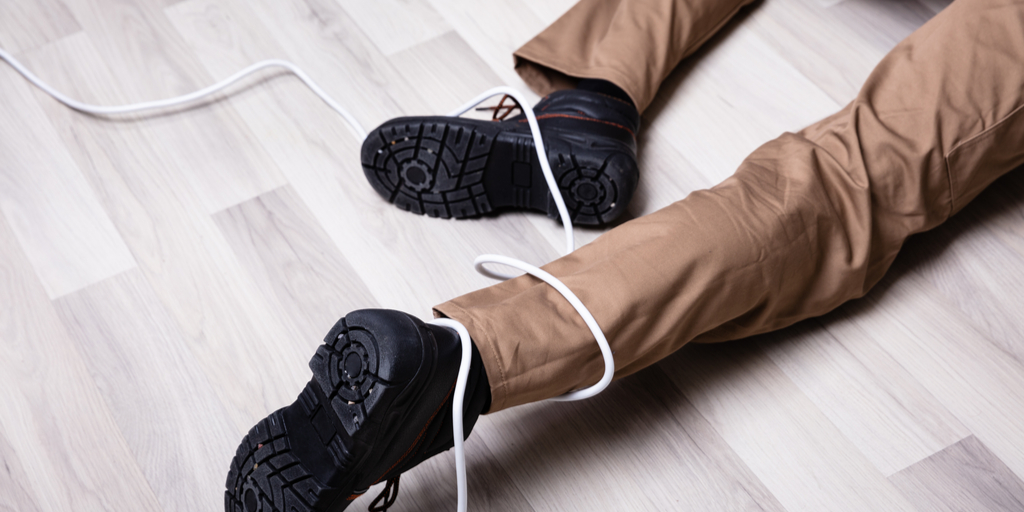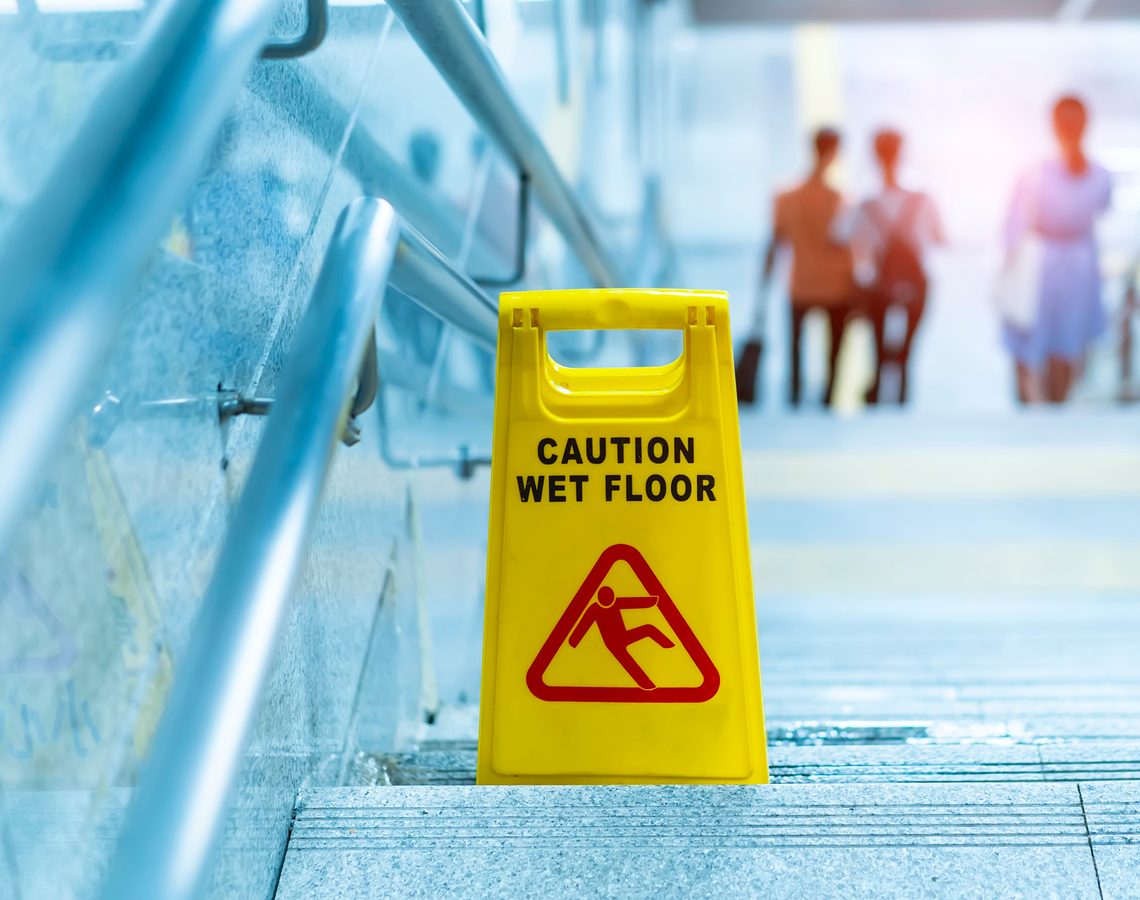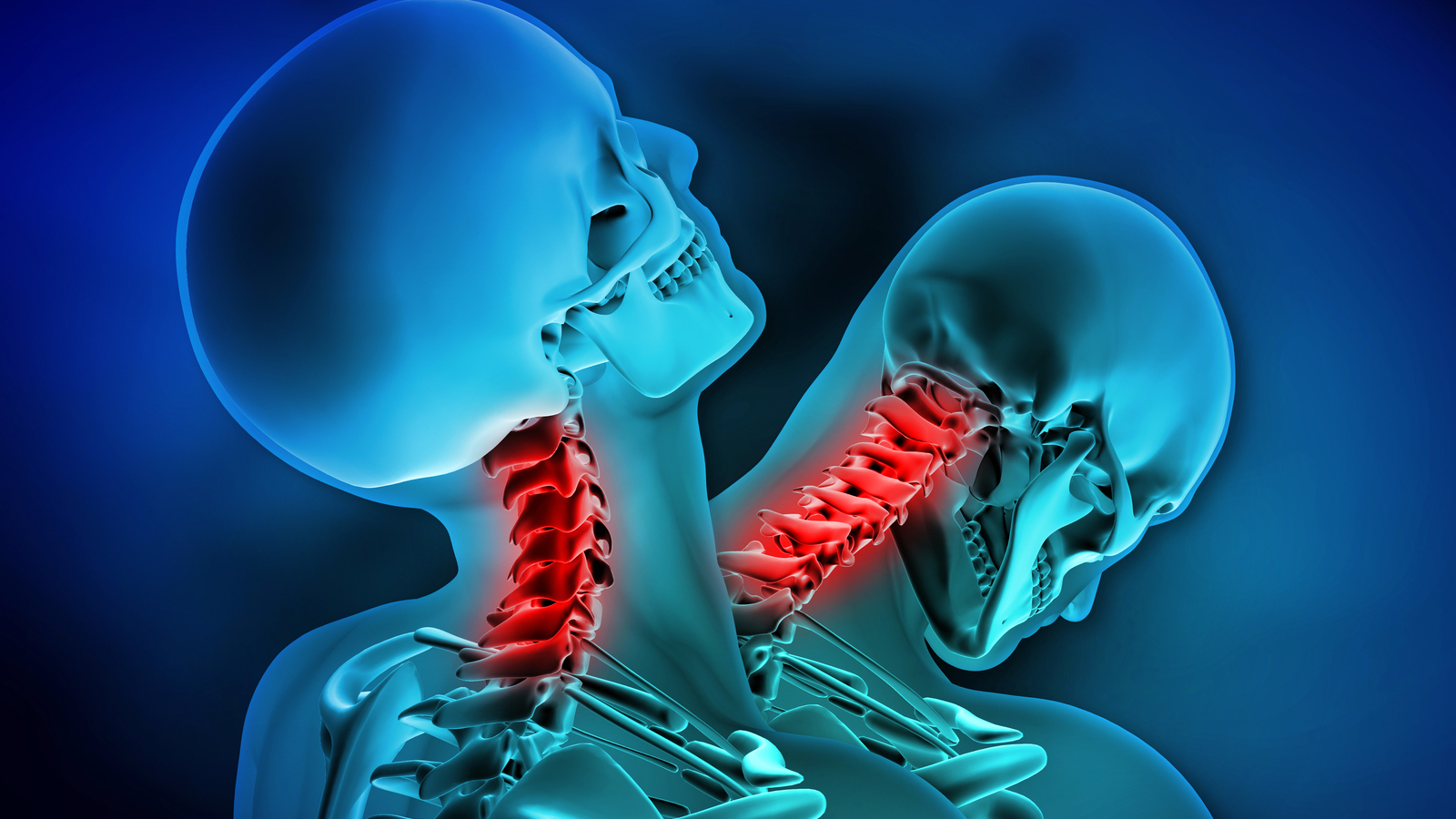Free Consultation
(314) 500-HURT100+ years of combined experience and over $200 million won for our clients in Missouri and Illinois. Contact a personal injury lawyer near you.
Free Consultation
(314) 500-HURT
If you visited a property and were seriously injured due to a hazard or dangerous condition that was not properly
taken care of, you may have a premises liability claim. In order to win your case and collect complete compensation,
you must prove certain facts of your case. In order to be effective in proving the circumstances of your premises
liability case, you need a skilled lawyer on your side. Hire the premises liability lawyers of Burger Law today by
calling us now at .
In order to have a premise liability claim, the following must be true:
The first thing you must establish in your premise liability suit is that the defendant (the person or group you are
filing your claim against) owed you, the victim, a duty of care. To prove this, you have to prove that they were in
control of the property and that you were there legally. Whether they are the owner, tenant, employee, or
maintenance service provider of the property, you must prove that the party you are suing was in control of and
responsible for the property where you were hurt. Proving the defendant as the possessor of the property establishes
a duty of care, but only for visitors who enter the property legally. So in order to prove that they owed you
personally a duty of care to keep you safe from harm, you must also prove that you were on the property legally.
Depending on the reasons you were on the property and the type of permission you were granted, you may prove that
you were on the property as an invitee or a licensee. The possessor owes a slightly higher duty of care to the
invitee than they do to the licensee who has only a limited license to be on the property.
After you have proven that the defendant was the possessor of the property and owed you as a legal visitor a duty of
care to keep you from harm, the next step in proving your premises liability case is proving that the possessor
breached their duty of care. As stated above, property owners and leasers owe different degrees of care to different
visitors, so what is considered a breach of this duty by nature also differs. To prove their negligence if you were
injured as an invitee, you need only prove that the defendant in your premises liability case knew or should have
reasonably known of the presence of a dangerous condition on the property and failed to remedy the hazard or
provide adequate warning of the danger. On the other hand, if you are a licensee to the property, you must prove
that the possessor actually knew about the hazard but did not do anything to address it adequately in order to
consider them negligent. While the definition of negligence differs in a premise liability case depending on the
status of the visitor, possessors of a property are generally at least required to post a general warning about any
possible danger on the property lest they be considered negligent.
There is no premises liability claim if you do not suffer any damages. It can be upsetting to discover that someone
has not tended to a danger on their property and realize that your safety could be at risk, but you can not sue for
premises liability unless you can prove you suffered damages. There are a variety of different damages a victim in a
premises liability case could suffer. When you are injured on an unsafe property, your damages and the extent of
your damages differ, which in turn affects the amount of compensation you can collect. A good premises liability
lawyer in St. Louis will help you prove and calculate the value of your damages, which include things like medical
bills, pain and suffering, lost wages, permanent disability and other effects.
Lastly, you have to tie it all together. To win your premises liability claim and collect compensation for your
damages, you must not only prove that you were injured and experienced damages, but also that it was the possessor’s
negligence and not some other circumstance that caused you to become injured. To prove causation, you have to show
that because the defendant failed to remove a hazard or addressed the hazard inadequately, you were injured.
Causation in a premises liability case and other types of personal injury cases is often the point of contention
between the victim and the defendant. After you have adequately proven that you were injured, the defendant may try
to dispute the fact that their negligence is to blame for your injuries. With a good premises liability lawyer in
St. Louis, if you were injured by a dangerous
If you believe you have a premises liability case, contact an experienced premises
liability lawyer right away. Do not waste any time. Contact Burger Law’s premises liability lawyers now to discuss
the details of your case for free. We will get to work right away to collect evidence and build an argument that
effectively proves every necessary component of your claim. Speak to us now by calling .
Founder | Injury Attorney
Gary Burger has dedicated his career to standing up against bullies. The founder and principal attorney of Burger Law | St. Louis Personal Injury Lawyer has helped hundreds of Missouri and Illinois individuals and families recover th …
Years of experience: 30 years
Location: St. Louis, MO

Similar FAQs

What must I prove to win a slip and fall injury case? Slip and fall accidents are some of the most common accidents in the workplace, in public spaces, and in the home. Someti...

Slip and fall accidents can occur for a variety of reasons. Depending on the cause of the fall, someone may be liable for your injuries. If you slip and fall on someone else's...

Who is Liable for my Back, Neck, and Spine Injuries? Back, neck, and spine injuries can be debilitating and can greatly affect our quality of life. There can be dire financial cons...
NO FEES UNTIL WE WIN YOUR CASE
We offer free consultations and are available 24/7 to take your call. Live chat, text, and virtual meetings are available.
or call us at